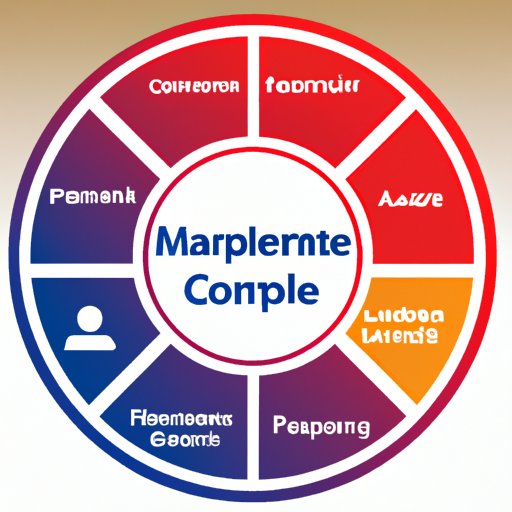Introduction
Leadership competencies are the knowledge, skills, abilities, and behaviors that are necessary for successful leadership. They provide the foundation for leaders to effectively manage their teams and organizations. By understanding and developing these competencies, leaders can create a strong organizational culture that leads to success.
Definition of Leadership Competencies
Leadership competencies are the traits, characteristics, and behaviors that define what it means to be an effective leader. These competencies include: communication, decision making, problem solving, team building, motivating, and inspiring others. They also include other qualities such as integrity, empathy, resilience, and adaptability.
Benefits of Leadership Competencies
Leadership competencies provide numerous benefits to organizations and their leaders. They enable leaders to make better decisions, foster collaboration among team members, and build trust with their employees. They also help leaders to motivate and inspire their teams to achieve their goals. Additionally, leadership competencies can help organizations to develop an innovative and creative culture, which can lead to increased productivity and performance.
Core Leadership Competencies
Identifying core leadership competencies is essential for successful leadership. These competencies should reflect the values and goals of the organization, as well as the specific needs of the leader. Some of the most common core competencies include: communication, problem-solving, decision-making, team-building, innovation, and strategic thinking.

Understanding Different Types of Leadership Competencies
Leadership competencies can be divided into two categories: hard skills and soft skills. Hard skills are the technical abilities, such as computer programming or accounting, that are required to perform certain tasks. Soft skills are the interpersonal skills, such as communication, negotiation, and conflict resolution, which are necessary for effective leadership. Both types of competencies are essential for successful leadership.
Assessing Your Leadership Competencies
Once you have identified your core leadership competencies, it is important to assess your current skills and abilities. This can be done through self-assessment or professional assessment. Self-assessment involves reflecting on your own strengths and weaknesses, while professional assessment involves taking tests or surveys to measure your competencies. Both methods can help you understand where you may need to improve.

Developing Leadership Competencies Through Training
Once you have identified and assessed your leadership competencies, you can begin to develop them through training. Training can take many forms, including online courses, workshops, seminars, and mentorship programs. Each type of training has its own benefits, but all can help you gain the knowledge and skills necessary to become a successful leader.
Applying Leadership Competencies in the Workplace
Once you have developed your leadership competencies, you can begin to apply them in the workplace. Examples of applying leadership competencies include setting clear expectations, delegating tasks effectively, and providing feedback to team members. Additionally, effective application of leadership competencies requires setting a good example and leading by example. Strategies for effective application include creating a vision, communicating openly, and fostering collaboration.
Conclusion
In conclusion, leadership competencies are the knowledge, skills, abilities, and behaviors that are necessary for successful leadership. Identifying core leadership competencies, assessing your current skills and abilities, and developing them through training are important steps in becoming an effective leader. Finally, applying leadership competencies in the workplace requires setting a good example and leading by example. With the right approach and strategies, you can become an effective leader.
(Note: Is this article not meeting your expectations? Do you have knowledge or insights to share? Unlock new opportunities and expand your reach by joining our authors team. Click Registration to join us and share your expertise with our readers.)
